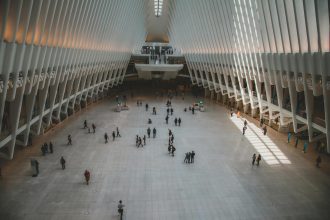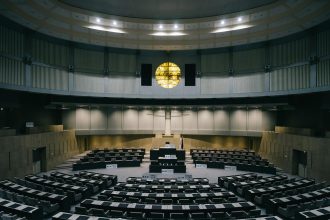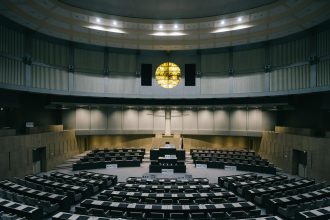From the earliest myths to the most advanced political theories, humanity has dreamed of a world where everything works as it should — where justice is fair, abundance is shared, and every citizen lives in harmony with others and with nature. This vision, often called Utopia, is more than just a fantasy. It’s a mirror we hold up to our societies, reflecting both what we long for and what we lack.
1. The Origin of the Dream
The term Utopia was first coined by Sir Thomas More in 1516, in his book of the same name. Derived from Greek, ou-topos means “no place,” while eu-topos means “good place.” The double meaning is deliberate — a utopia is both a perfect land and an impossible one.
But the dream predates More. Plato’s Republic (4th century BCE) described an ideal city governed by philosopher-kings — wise rulers who pursued truth and justice rather than power. Ancient myths from many cultures also told of golden ages or paradisiacal kingdoms — the lost harmony between humanity, nature, and the divine.
2. Why Utopia Matters
Utopias aren’t just idle fantasies. They serve as social thought experiments — blueprints to test what could happen if certain ideals were followed absolutely.
- To the philosopher, utopia is a model of moral perfection.
- To the politician, it’s a goalpost — a vision to guide reform.
- To the storyteller, it’s a setting that reveals human nature when freed from common constraints.
Every era creates its own utopias — agrarian in the pre-industrial world, technological in the modern age, digital and post-human in our own.
3. The Anatomy of a Utopian Society
While utopias vary widely, they tend to share certain characteristics:
- Equality: Social or economic balance; the end of exploitation.
- Harmony: Peace between individuals, communities, and nature.
- Abundance: Elimination of poverty and want, often through technology or shared resources.
- Justice: Fairness in law and opportunity.
- Purpose: A shared moral or philosophical vision that gives meaning to life.
However, the ways societies try to achieve these ideals differ — and that’s where utopian governance comes in.
4. Utopia as a Political Mirror
Every utopia reflects its author’s view of what’s wrong with their real world:
- Plato’s Republic addressed the chaos of Athenian democracy.
- More’s Utopia criticized greed and enclosure in Tudor England.
- The socialist utopias of the 19th century challenged class inequality.
- Today’s eco-utopias respond to environmental collapse.
Each one poses the same question: If we could start over, how would we govern ourselves?
5. Between Ideal and Reality
The dream of utopia is powerful, but fragile. The same ideals that promise harmony can, if forced, lead to control. History and literature both show how utopias can invert into dystopias when perfection becomes law.
Still, the vision persists. Utopian thought drives progress — every reform, innovation, and social movement begins with a refusal to accept that things must be as they are.
Conclusion: The Endless Horizon
Utopia is not a destination, but a direction. Its purpose isn’t to be achieved, but to be pursued — an ever-evolving compass guiding societies toward greater fairness, sustainability, and understanding. The question is not whether we can build a perfect state, but how far we’re willing to go toward the idea of one.







